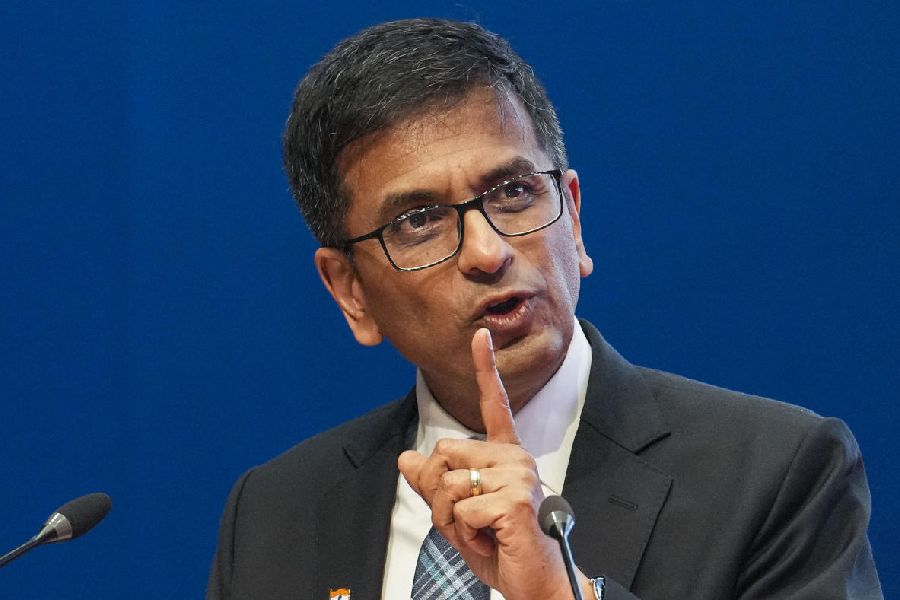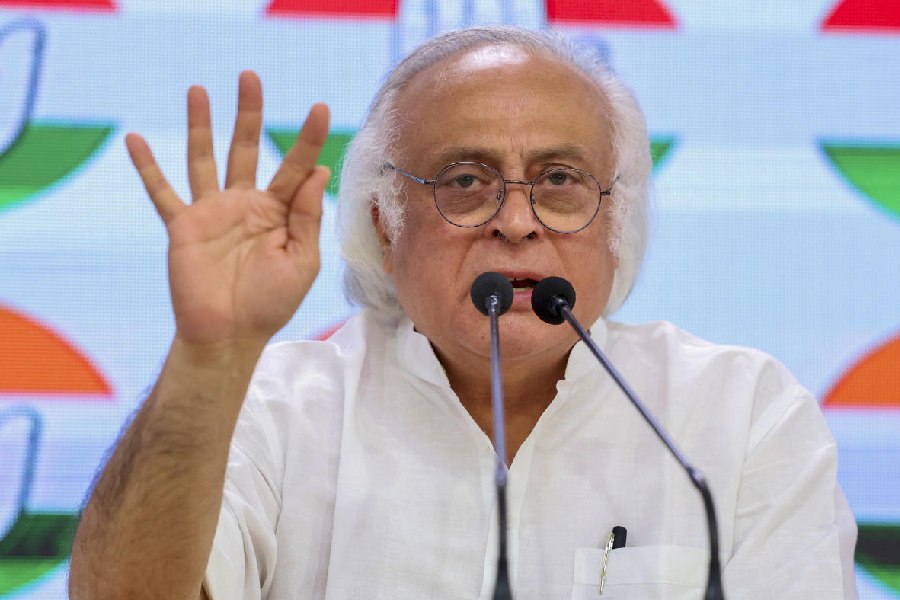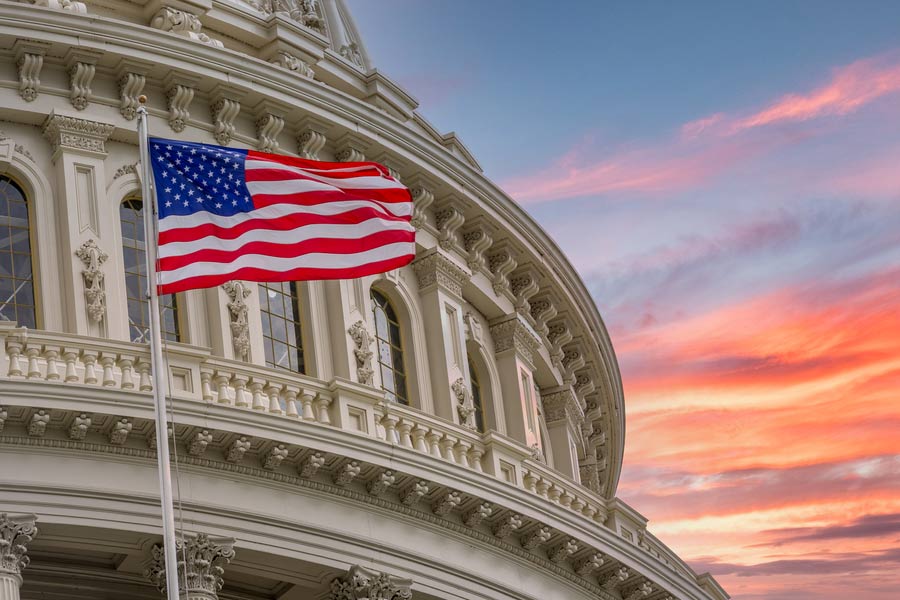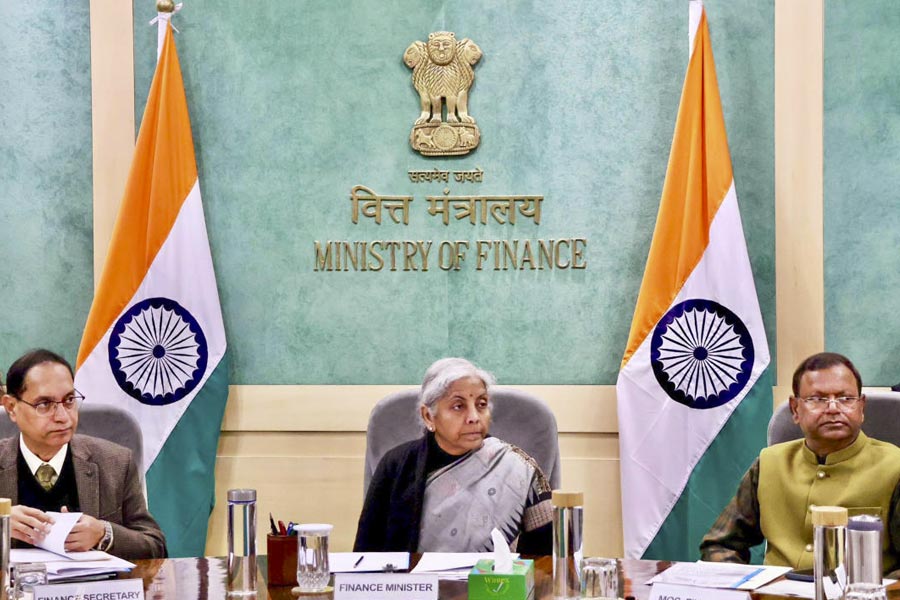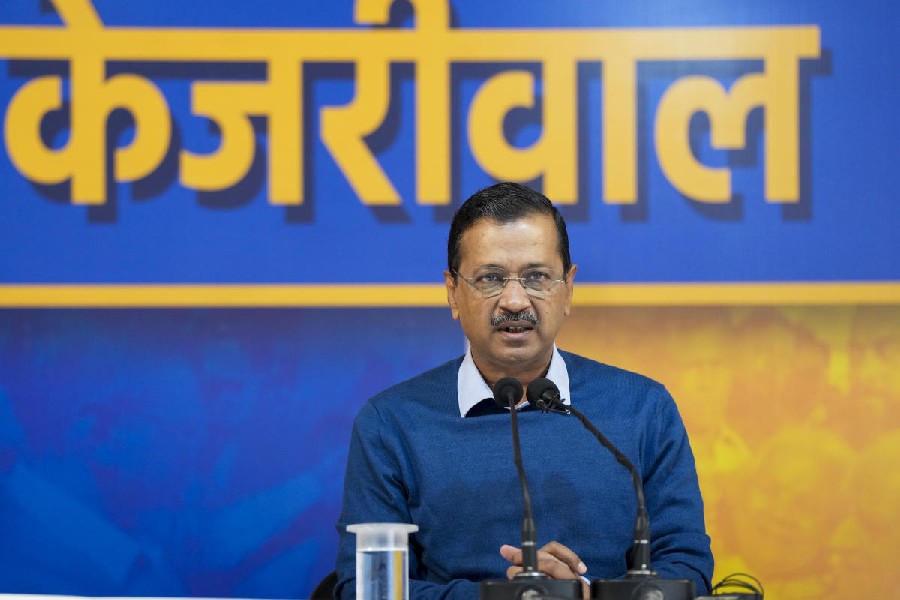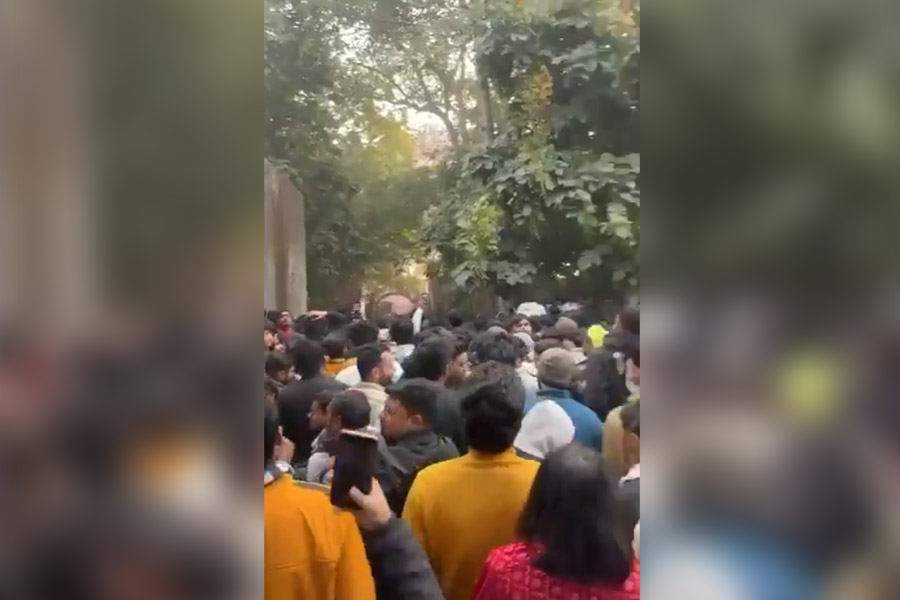Lower courts hesitate to grant bail. In the keynote address of the Chief Justice of India, D.Y. Chandrachud, at the annual conference of the Berkeley Center on Comparative Equality and Anti-Discrimination Law, there seemed to be a link between bail and the equality principle. This is not the first time that the CJI, as other senior judges, has emphasised the necessity of bail — which should be the rule, with jail being the exception. The CJI said that trial court judges tend to play safe by denying bail on important issues of crime because it is looked upon with suspicion. "Robust common sense" is needed for judges to scrutinise the nitty-gritty of each case. When bail is denied in the lower court, the applicant moves to the high court, and if bail is denied there, he or she moves to the Supreme Court. The CJI mentioned the delay in these situations; there is also expenditure, harassment and, in some cases, mental agony. The situation is worse for those who have been arrested arbitrarily.
The CJI’s remarks thus included the possibility of arbitrary arrests. In all cases, lower courts need to be more receptive to the needs of those seeking liberty. What is not just beneficial to society but also right are equality and non-discrimination: equality is a moral imperative. By underlining the moral principle behind the idea of equality for all in regard, opportunity and life chances, the CJI seemed to point to one of the ideals that should drive justice delivery. The aspiration is for an egalitarian world. Equality is achieved by struggle; its premium must be constantly paid. Here in the CJI’s speech lay the connection between bail and equality. The premium is paid by guarding against any erosion of human dignity. Bail granted whenever possible would guard against this erosion. In this context, it is relevant that the Supreme Court has ruled on the limits of detention without trial even for charges under the bail-restrictive anti-terror law. Occasionally, alleged wrongdoers enjoying various kinds of patronage are given bail while those less powerful or financially insecure remain imprisoned. It is not just the scarcity of bail but also the unevenness of its distribution that should be looked at. An impartial, attentive study of each bail application is expected of all courts.

